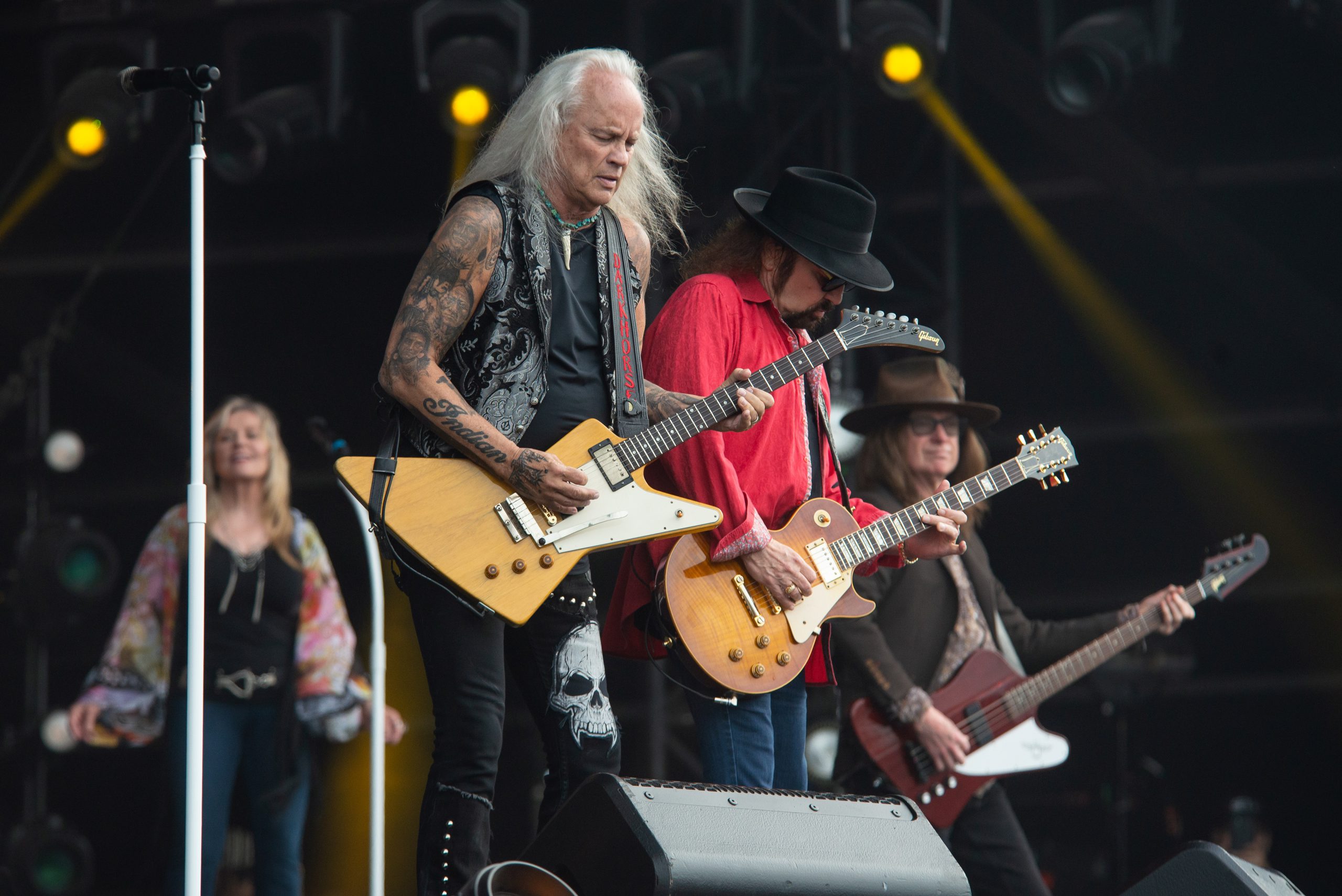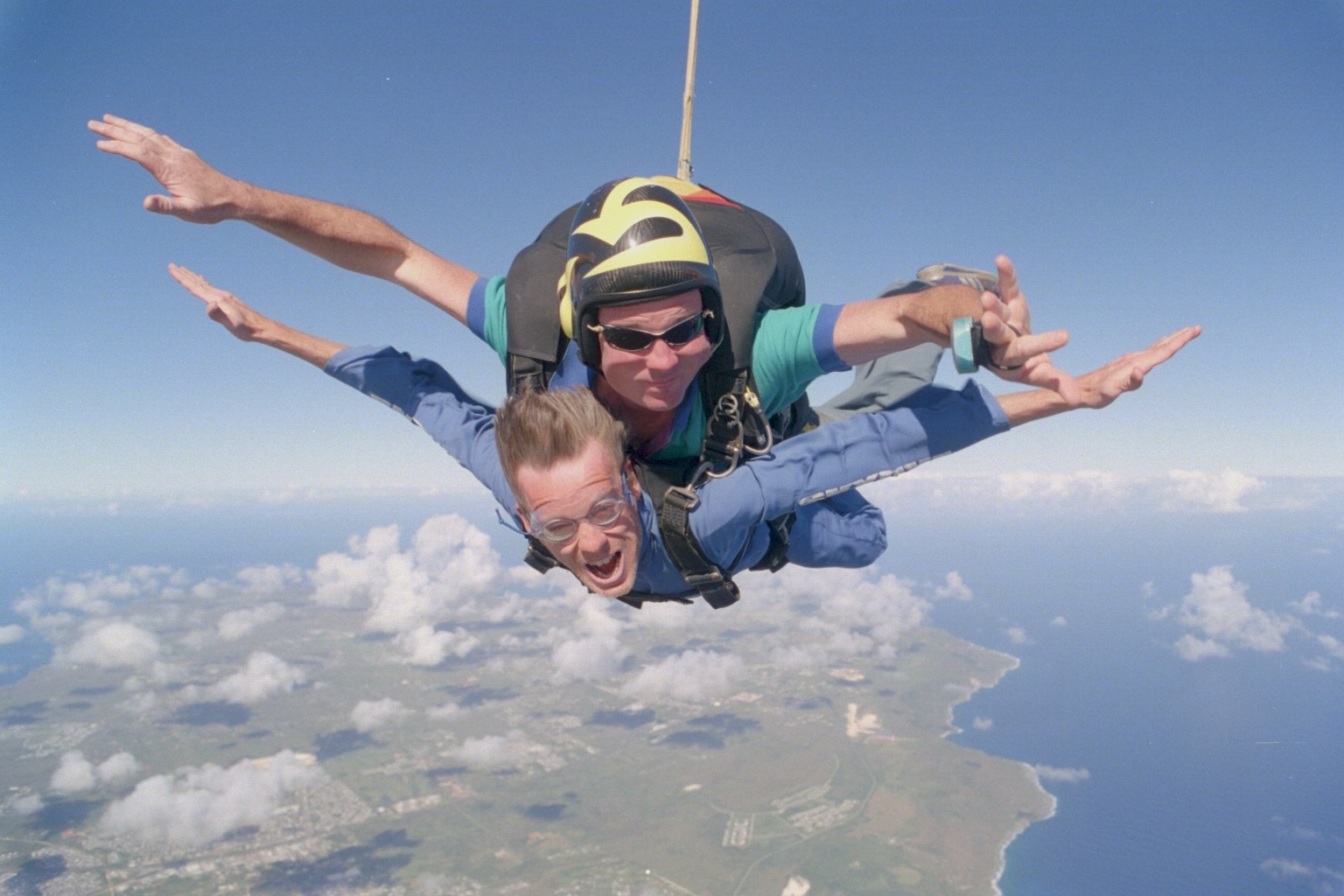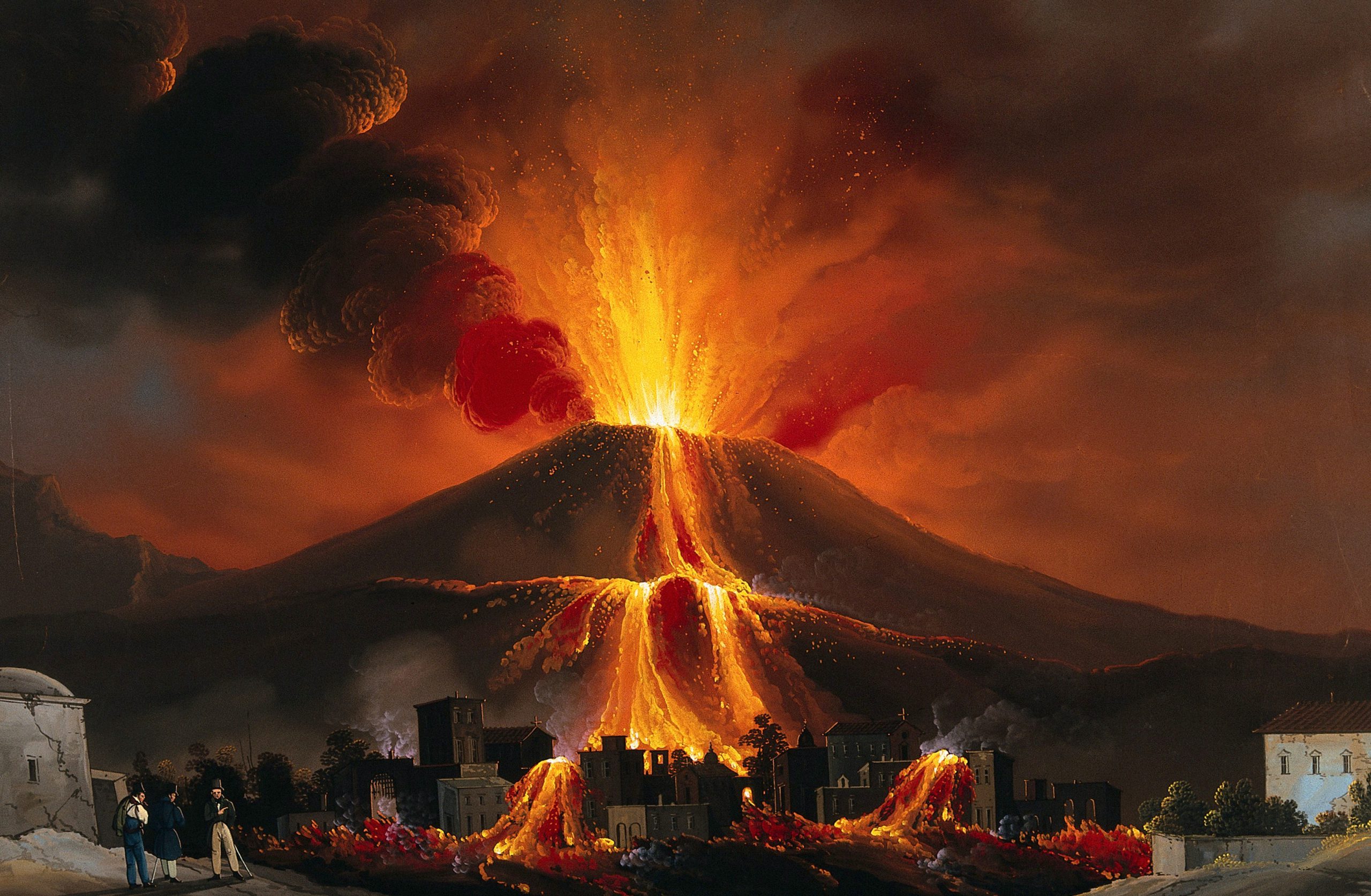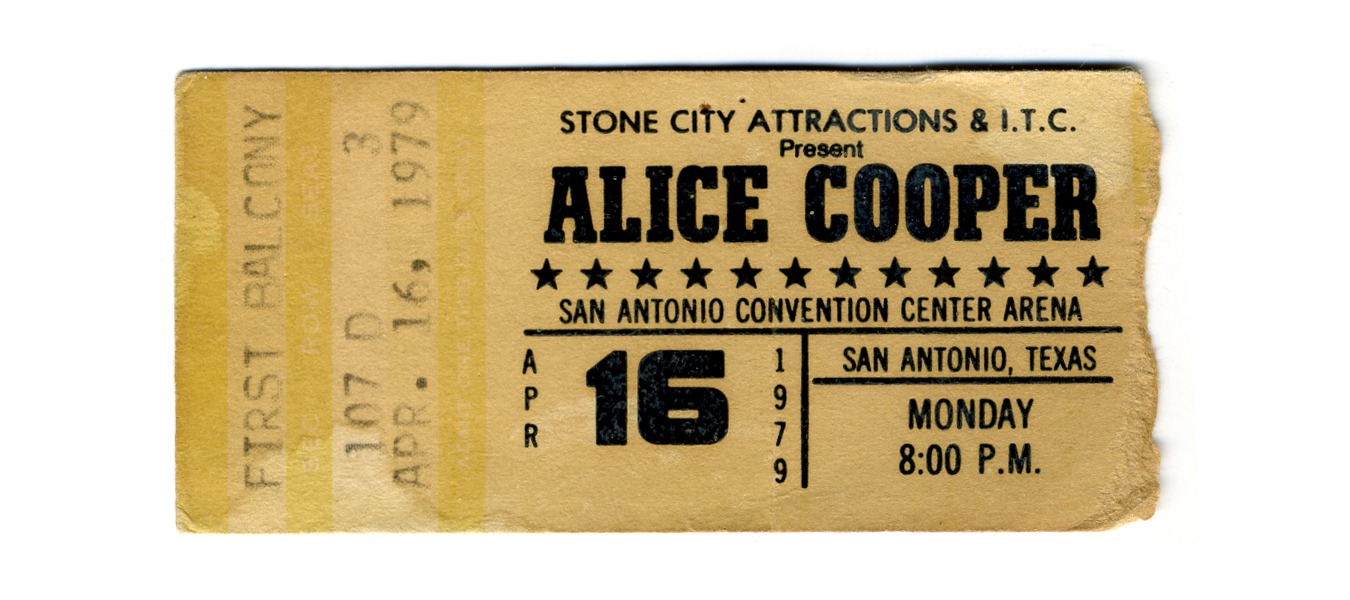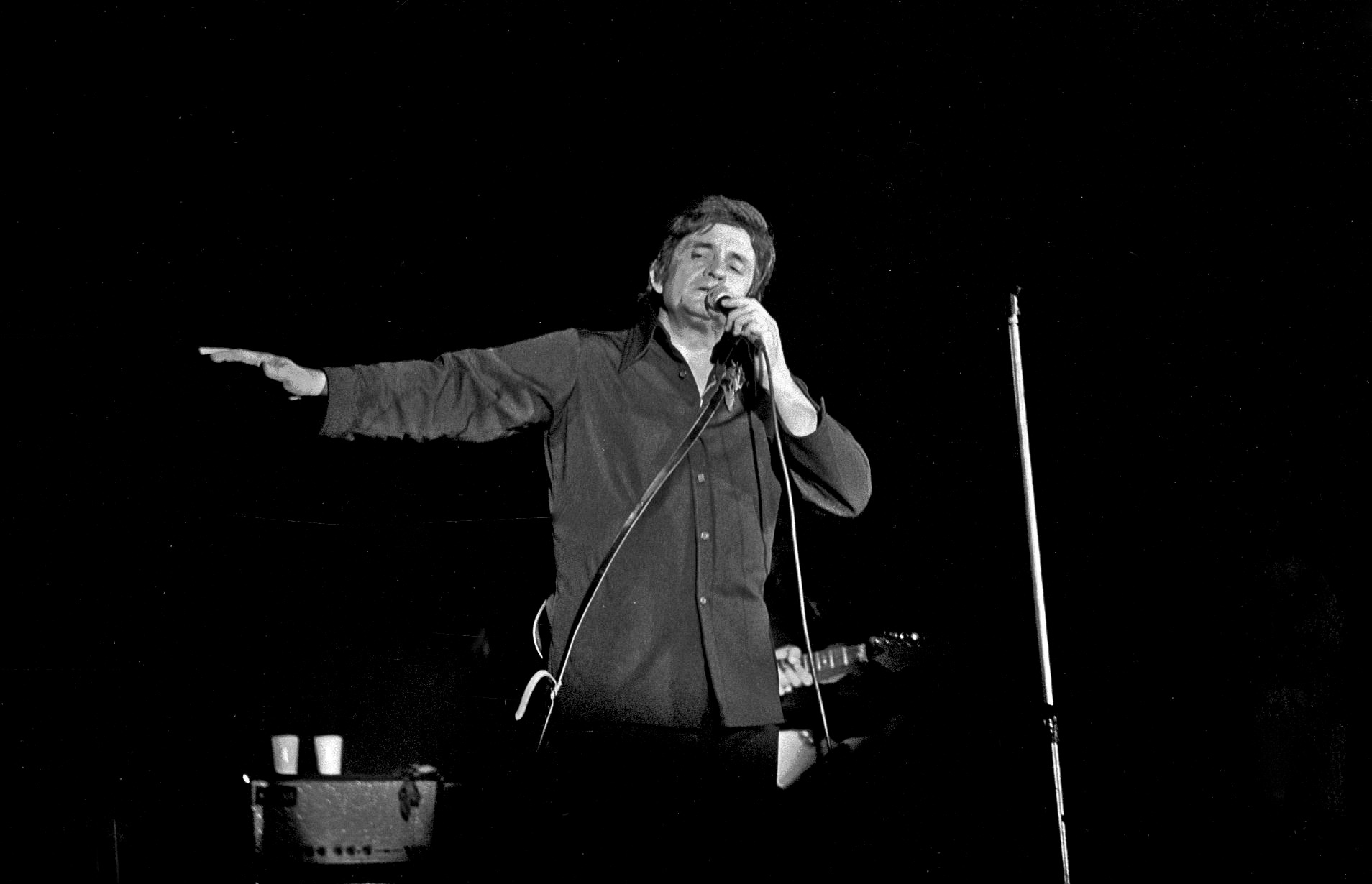Concert footage fades to black, but some performances never end. The songs Buddy Holly and Lynyrd Skynyrd played in their final hours on stage transformed from entertainment into eternal memorial—proof that music’s most haunting power lies in its ability to freeze time at tragedy’s edge.
The Night That Ended Innocence
February 1959’s Winter Dance Party tour created rock and roll’s first martyrs through circumstance and song.
The Surf Ballroom in Clear Lake, Iowa, hosted what became rock’s most mythologized final performance. Buddy Holly, Ritchie Valens, and J.P. “The Big Bopper” Richardson delivered their hits—”That’ll Be the Day,” “Peggy Sue”—to a crowd dancing without knowing they witnessed history’s end. Hours later, their chartered Beechcraft Bonanza crashed in an Iowa cornfield, killing all aboard instantly.
These weren’t just their final songs; they became the soundtrack to innocence lost. Fans forever replay these performances, seeking to capture that last moment before everything changed. The harsh tour conditions—broken-down buses, bitter cold—had driven Holly to charter the fatal flight, making their final show both escape attempt and inadvertent farewell.
Free Bird’s Prophetic Farewell
Lynyrd Skynyrd’s signature anthem took on otherworldly meaning after October 20, 1977.
Three days after releasing Street Survivors, Lynyrd Skynyrd performed in Greenville, South Carolina. Their setlist included “Free Bird”—a nine-minute epic about departure and transcendence that would prove eerily prophetic. The following day, their Convair CV-240 ran out of fuel over Mississippi swampland, claiming Ronnie Van Zant, Steve Gaines, and Cassie Gaines.
The crash transformed their anthemic performance into an inadvertent eulogy. Van Zant’s vocals on themes of freedom and departure now carry supernatural weight. The song still sends chills through arenas decades later, its celebration of liberation forever shadowed by the tragedy that followed mere hours after the final bow.
When Songs Become Shrines
Don McLean’s “American Pie” immortalized February 3rd as “the day the music died,” cementing tragedy in cultural DNA.
McLean’s 1971 masterpiece didn’t just reference the crash—it transformed it into mythology. Like contemporary artists who turn personal pain into universal anthems, McLean gave collective grief a melody that endures across generations. His phrase “the day the music died” became permanent cultural shorthand for the 1959 tragedy.
These final performances acquired supernatural weight, their lyrics suddenly heavy with unintended prophecy. The songs continue playing forever in our collective memory—reminders that music’s greatest magic happens when it accidentally captures eternity in three-minute bursts, preserving moments that become more powerful in death than they ever were in life.


